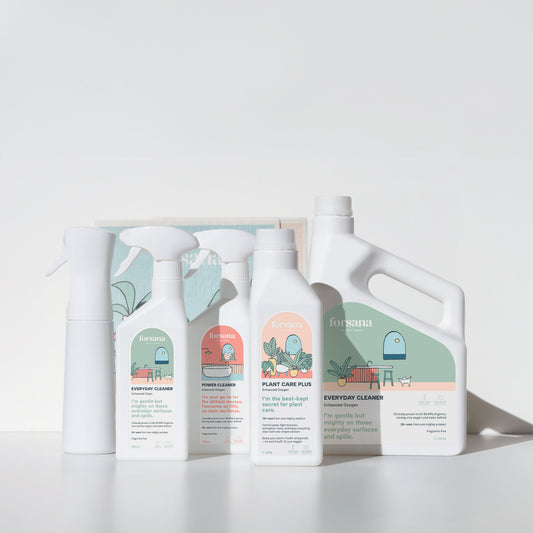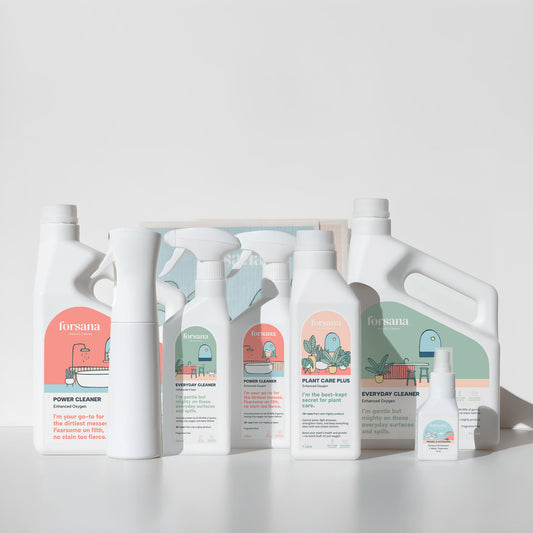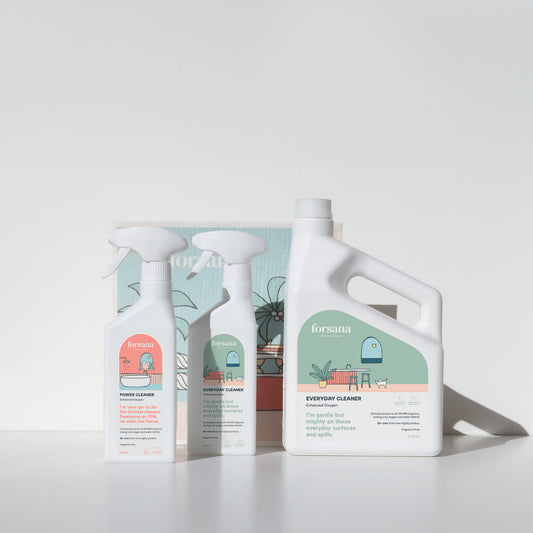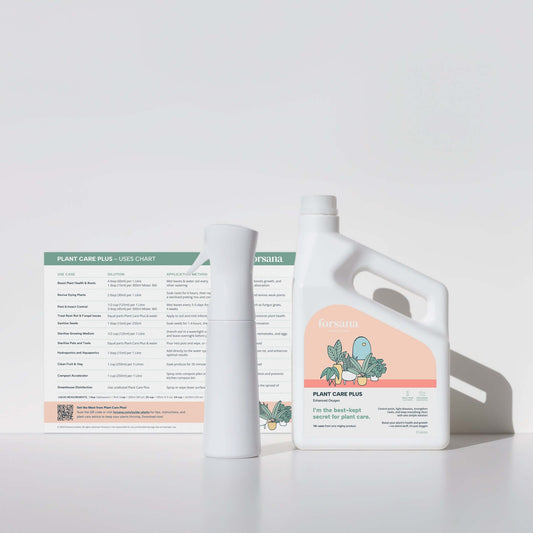The Greenwashing Issue
The term "eco-friendly" often suggests that a product is safe for the environment and human health, but this isn’t always true. Many companies use "greenwashing" tactics, where products are marketed as environmentally friendly without fully meeting those standards. These products might still contain synthetic chemicals that, while less harsh than those in traditional cleaners, are not entirely harmless. For instance, a product might be free from toxic ingredients like bleach or ammonia but still include other synthetic components that pose risks over time. These products may not be as natural or safe as their branding implies. Moreover, being labelled "eco-friendly" doesn’t guarantee that the product effectively eliminates germs, bacteria, and viruses—which is crucial for keeping your home healthy.
The Effectiveness of Eco-Friendly Cleaners
Traditional cleaning products are often praised for their ability to kill 99.99% of germs, including bacteria and viruses that can cause illness. This high level of effectiveness is especially important in preventing foodborne illnesses and other health threats. However, many eco-friendly products do not achieve the same level of germ-killing power, which can leave your home exposed to harmful pathogens.
This is particularly concerning in light of the ongoing evolution of bacteria and viruses. As these pathogens become more resistant to certain cleaning agents, the need for truly effective cleaning solutions becomes even more pressing. Eco-friendly products that don’t eliminate a broad spectrum of germs might not provide the protection your family needs.
The Challenge of Evolving Bacteria and Viruses
Bacteria and viruses constantly evolve, and some strains are becoming increasingly resistant to conventional cleaning methods. This means that using a cleaner that doesn’t effectively eliminate these pathogens could allow them to thrive, increasing the risk of illness in your home. For example, bacteria like E. coli and Salmonella, which are commonly found in kitchens, can cause severe foodborne illnesses if not properly controlled.
Similarly, viruses such as norovirus and influenza can spread rapidly in homes, particularly during the cold and flu seasons. A cleaning product that fails to effectively kill these germs can contribute to the spread of illnesses, putting your family’s health at risk.
The Forsana Advantage
Forsana Everyday Cleaner stands out by using the power of oxygen combined with silver ions, making it highly effective for hospital-grade disinfection. This combination kills 99.99% of germs, including bacteria and viruses, breaks down into oxygen and the silver ions provide ongoing protection from germs and mould, ensuring that your home stays cleaner for longer. Additionally, all our bottles are made from 100% recycled ocean plastic, aligning with our commitment to protecting the environment while keeping your home safe.
Conclusion
While the shift towards eco-friendly products is a positive trend, it’s essential to critically assess whether these products are genuinely safe and effective. Not all products labelled as "green" or "eco-friendly" provide the necessary protection against germs, bacteria, and viruses. By choosing a product like Forsana Everyday Cleaner, you can ensure that your home is not only clean and safe but also aligned with your environmental values.
For those looking to make a responsible choice, it's crucial to do your research, carefully read ingredient labels, and select products that balance environmental responsibility with effective cleaning. Your family’s health and safety depend on it.









